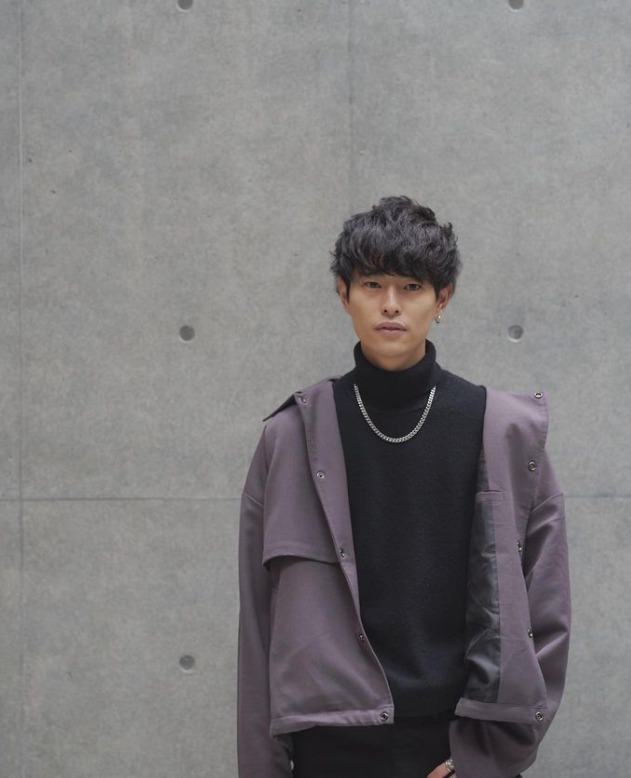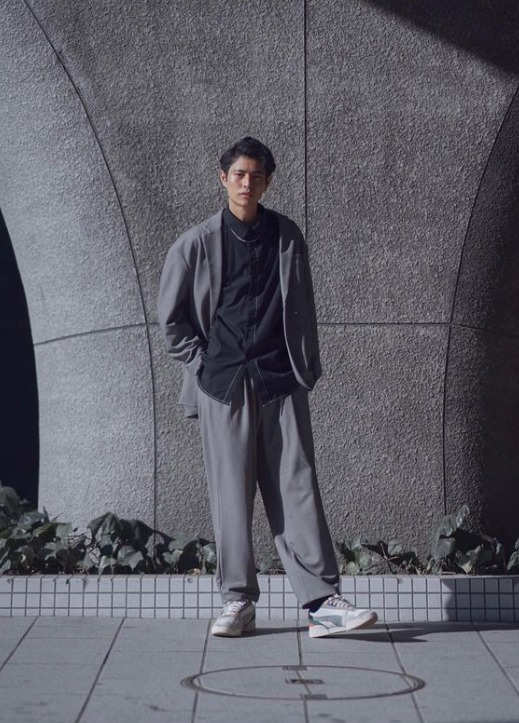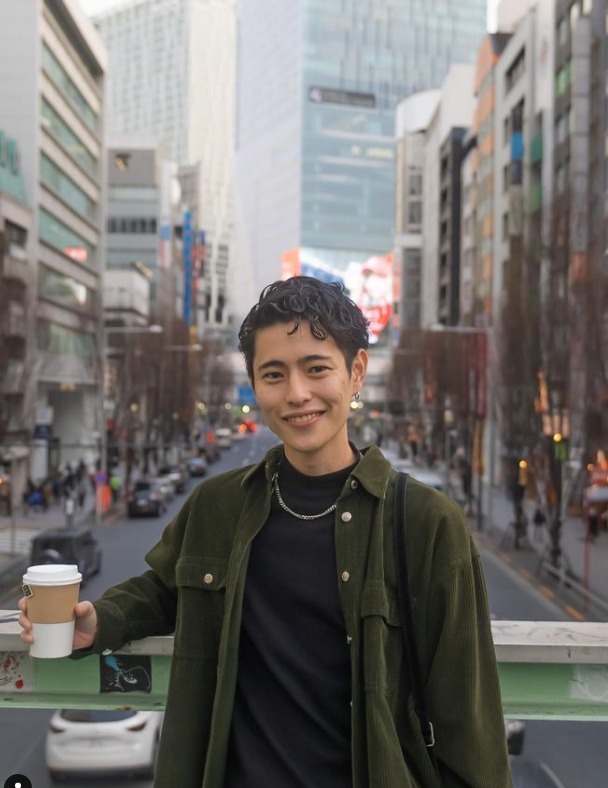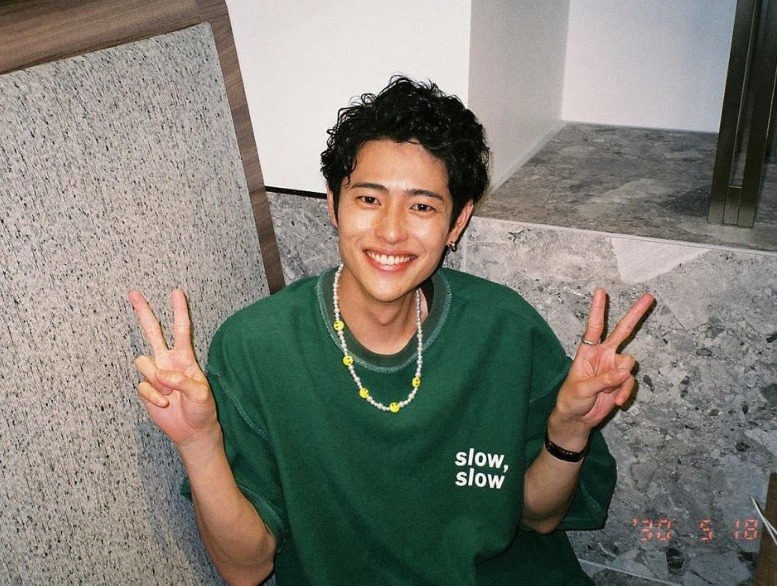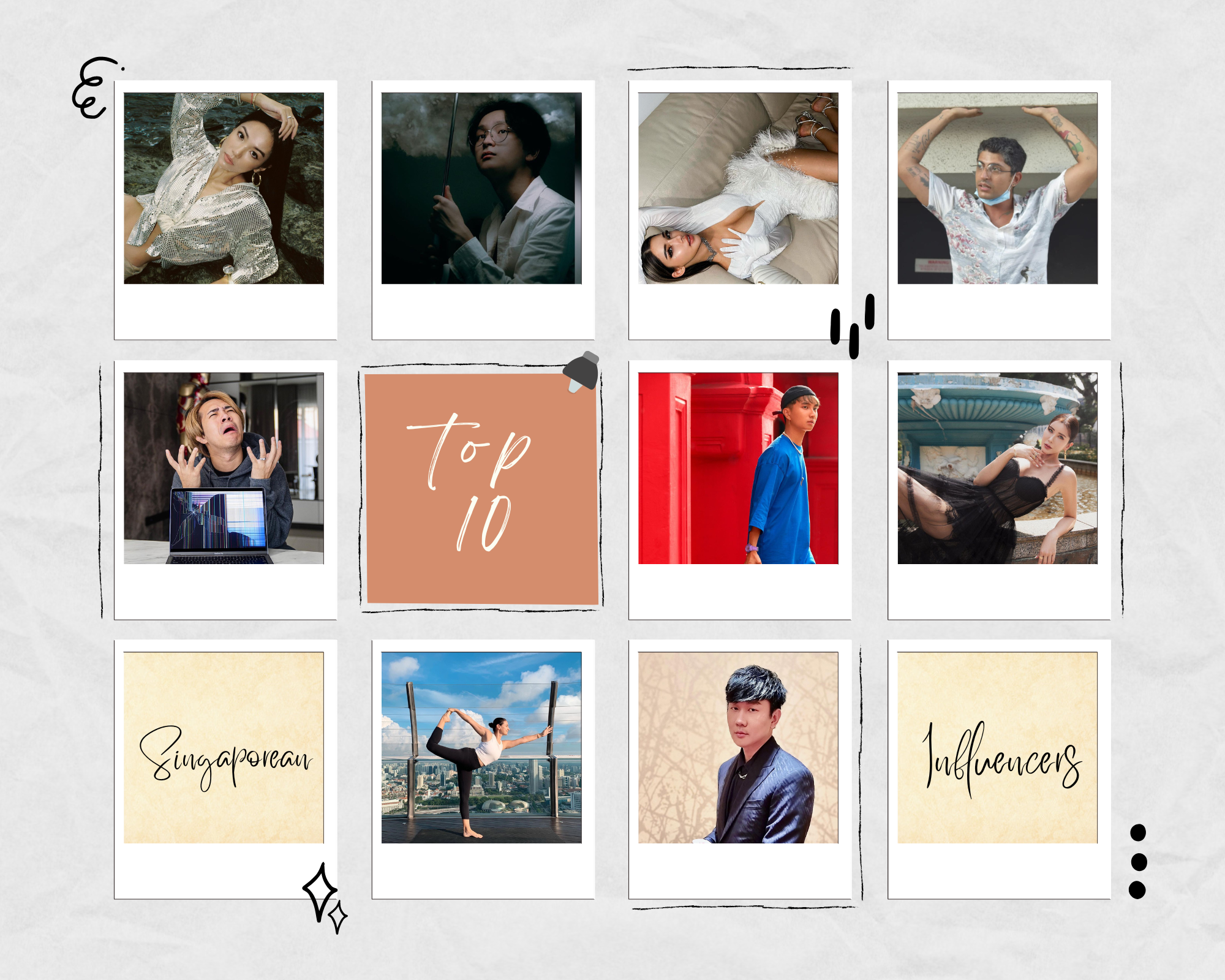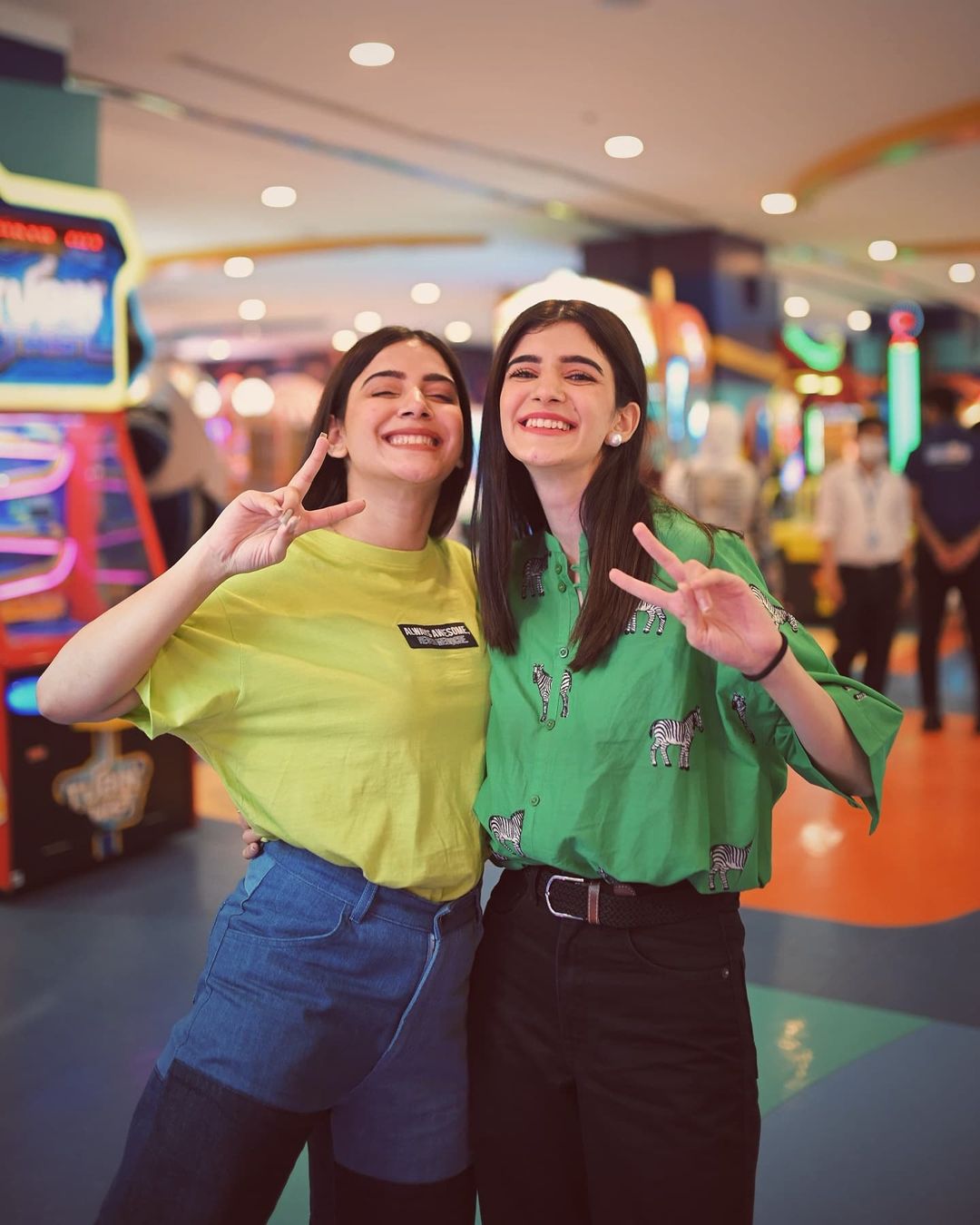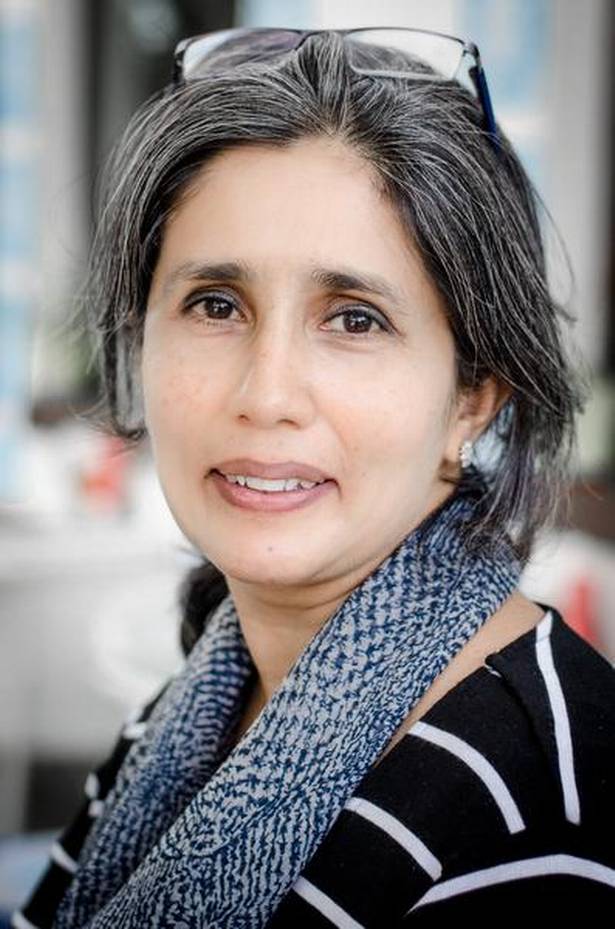Fumiya is living the dream of many young people, with more than millions of followers across all his social media platforms and to his YouTube channel.
One of his videos went viral while he was still a student in the Philippines, and a few months later, he signed up to take part in the local Big Brother competition, which helped him gain recognition across the entire nation. Fumiya participated in occasions, TV shows, series, and movies after being unexpectedly thrust into Philippine popularity. His influencer work to unite Japan and the Philippines continues now that he is back in Japan. He has even released his first song and recently debuted his apparel line.
Soon after our chat began, I realised that Fumiya is a very modest man despite his overnight success. He speaks hotly and genuinely, frequently laughing and making jokes as he does in his videos, leaving little room for pretence and detailing his experience in the Philippines exactly as he lived and felt it.
Fumiya’s motivation for shooting videos in the Philippines, the circumstances around his success, the difficulties associated with becoming a celebrity, what he took away from the Filipino way of life, and much more.
In an interview, Fumiya said, “As soon as I stepped out of the airport in the Philippines, I began filming and Japanese-narrating what I saw. I photographed pictures from my daily life to reassure my family and friends. For instance, I initially resided with a local I did not know. I recorded the local restroom where you scoop water out of a basin and pour it on yourself to wash.
One of my films started generating attention among Filipinos about two months after I moved there to study. It was the one where I was consuming balut, a fertilised egg containing a growing embryo. A lot of people watched it.
After that, I developed a new way of thinking. I intended to start my own clothing company, so I went there to study English. When my study tour concluded six months later, I began considering who I wanted to be. I had two options: I could return to Japan after putting six months of intensive English study behind me, or I could return to Japan after focusing all my attention on building my YouTube channel into a household name in the Philippines. I went to school the following day and announced my intention to leave. I told them I would become famous, and the teachers teased me for not speaking English yet.
I started making videos every day after that. There was no other Japanese YouTuber at the time who catered to Filipino viewers. I had hopes of becoming the country’s Hikakin, a well-known Japanese YouTuber.”
When he started his channel just about four years ago, he did whatever sparked his interest or was enjoyable and utilised it as a topic. However, he began obsessing over what was enjoyable and what was not last year. The more he thought, the less he discovered the solution, and it grew increasingly difficult to generate thoughts. He now draws inspiration from anything he sees, including movies and TikTok. He has come to understand that there are countless amusing subjects to discuss.

